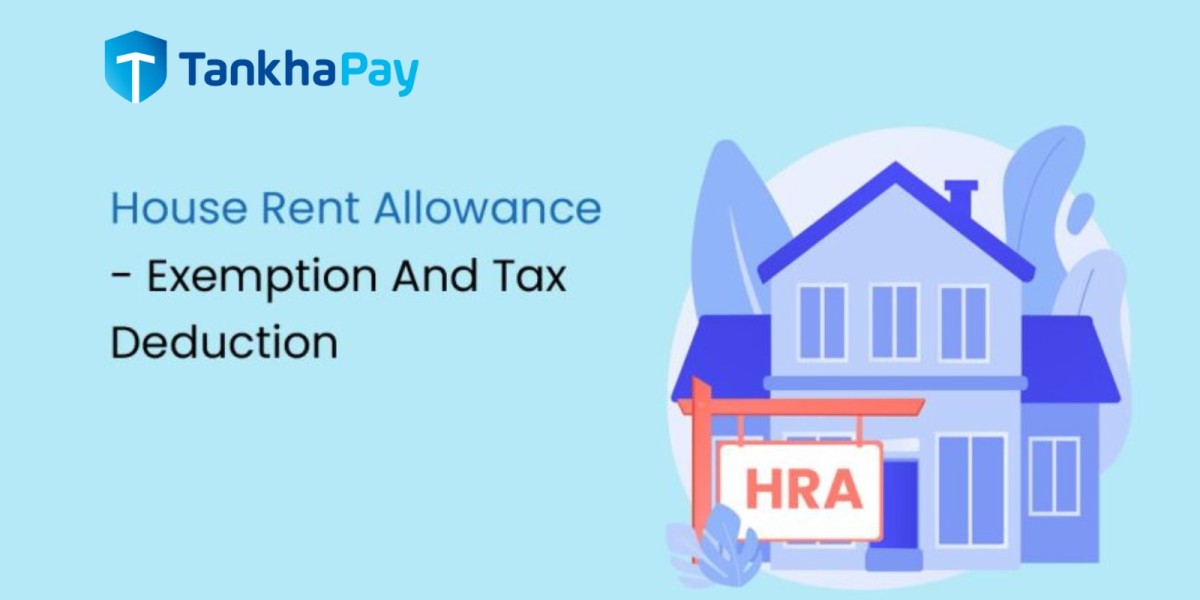When it comes to financial planning, few elements wield as much influence on an individual's future as the House Rent Allowance (HRA). It is more than just another entry in the salary slip; a pivotal aspect that can significantly impact your savings and tax liabilities. Understanding the nuances of HRA can assist you in unlocking doors to financial freedom.
Whether you're a young professional stepping into the workforce or a seasoned employee seeking smarter fiscal strategies, delving into the depths of HRA can unveil a treasure trove of financial possibilities.
What is House Rent Allowance (HRA)
House Rent Allowance or HRA is an important part of the compensation package of a working employee. The employer pays HRA as a type of remuneration for the employee’s accommodation expenses. How much HRA will have to be given to the employee is decided by the employer on the basis of many different parameters like salary and city of residence.
HRA can also constitute a major part of an employee’s salary and hence can attract a fair amount of tax if the available HRA income tax exemption is not availed. Under certain conditions, even self-employed individuals can also claim HRA deductions.
Eligibility Criteria for HRA Tax Deduction Claim
To be eligible for the tax benefit on HRA, you need to:
The person must be earning a salary. Tax benefits related to HRA are available only to salaried individuals. A self-employed person cannot avail this exemption under this section of the Income Tax Act.
The person is receiving HRA as a part of their salary package/CTC to take advantage of this exemption.
The person must be living in a rented accommodation. HRA tax calculations can only be claimed if you are staying in a rented accommodation and have valid rent receipts as proof. HRA Tax benefits cannot be claimed by someone living in a self-owned house.
If you are living with parents and paying them rent, then you may be able to claim HRA tax benefits if you have proof of rent receipts
Companies at times do not give HRA exemption in Form 16 due to incomplete details from the employee. If HRA claim is yet to be considered in Form 16, then one can directly claim the exemption in their IT return.
If the annual rent payment is greater than Rs. 1 lakh, the landlord must give the employees their PAN card information. This way, employees could claim HRA tax exemption
If the annual rent is less than Rs 1 lakh, then the employee does not need to show the landlord’s PAN card details
Individuals, spouses, children, or members of Hindu Independent Families (HUF) are not allowed to have assets to qualify for tax relief under HRA. In addition, if the person has a house in another place and earns rental income, no deduction is made
Components of HRA
The basic components of House Rent Allowance typically include:
Amount - The HRA amount is usually a percentage of the employee's basic salary. The percentage can vary based on the company's policies or government regulations.
Basic Salary - HRA is often calculated as a percentage of the employee's basic salary. The basic salary excludes other components like bonuses, incentives, or special allowances.
Geographic Location - The HRA amount can vary based on the city or location of employment due to differences in living expenses. Different cities have different percentages for calculating HRA.
Rental Receipts - Employees are generally required to provide proof of rental payments through rent receipts or lease agreements to claim HRA exemptions while filing income tax returns.
Tax Exemptions - HRA is partly exempt from taxes under certain conditions specified by the Income Tax Act of the respective country. The exemption amount is calculated as the lowest of the following:
The actual HRA received from the employer.
Actual rent paid minus 10% of salary.
50% of salary if living in a metro city or 40% of salary if living in a non-metro city.
Factors affecting HRA calculation
Various factors can affect the overall calculation of HRA for Tax compensations. Some of them are as follows:
The basic salary that the employee receives. The basic salary for HRA calculation is estimated by adding basic salary, dearness allowance, and sales commission.
The actual amount of house rent allowance received by the employee.
The actual amount that the employee pays as rent for residential purposes.
The city in which the employee resides. It depends on whether it is a metropolitan city or a non-metropolitan city.
Conclusion
In conclusion, House Rent Allowance (HRA) stands as a crucial component of many individuals' financial lives, offering relief in the face of rising housing costs. Its significance extends beyond mere monetary support, impacting lifestyles, career choices, and overall well-being.








